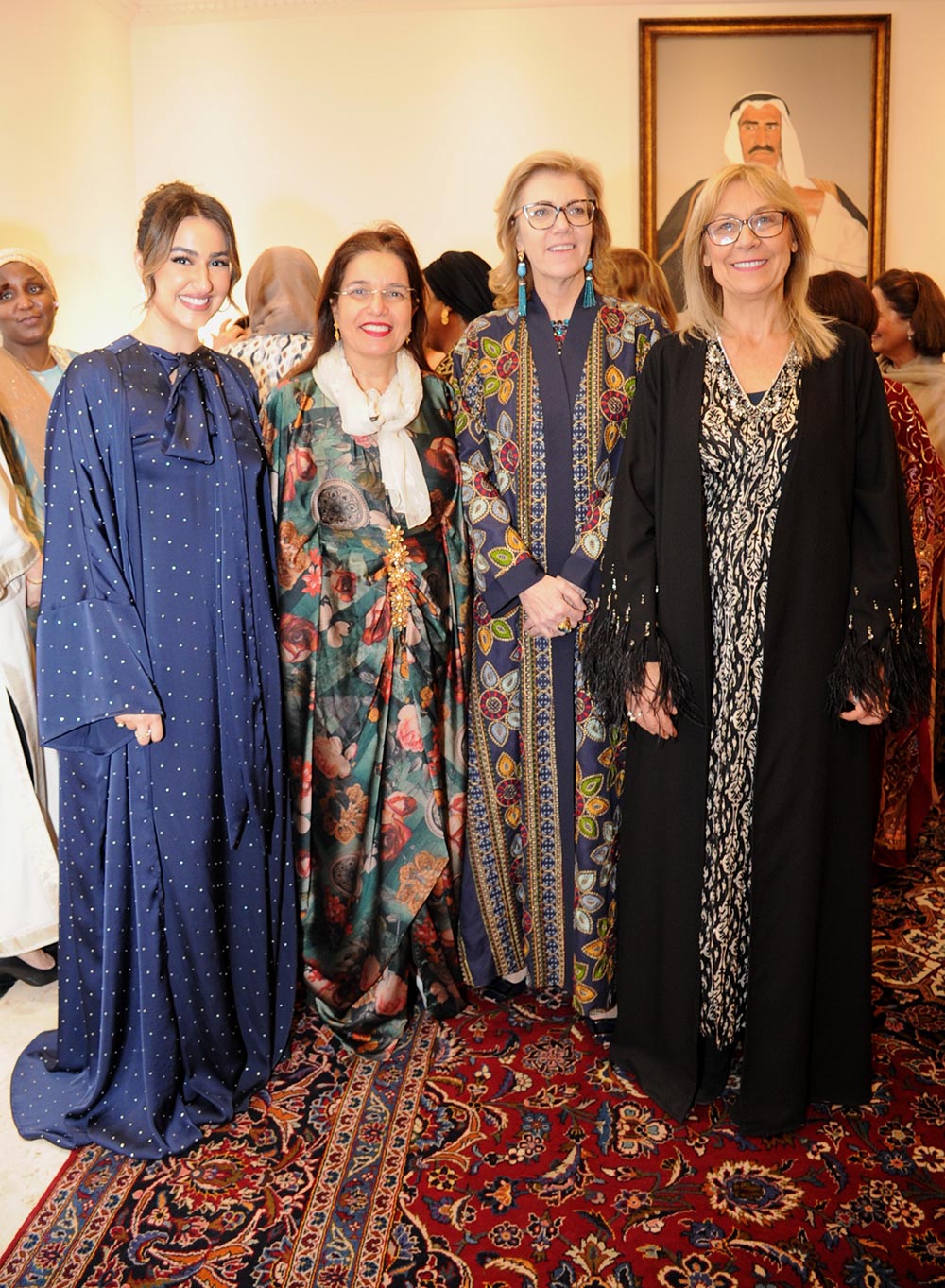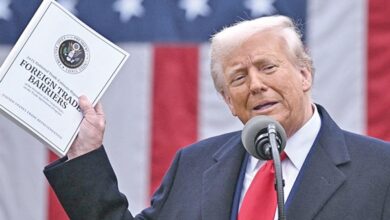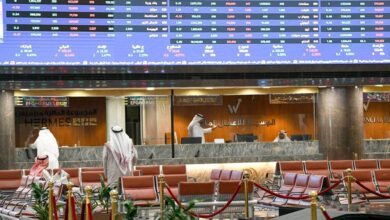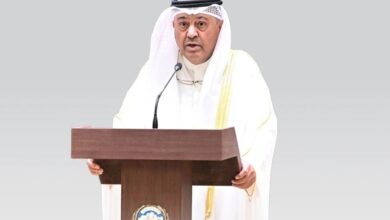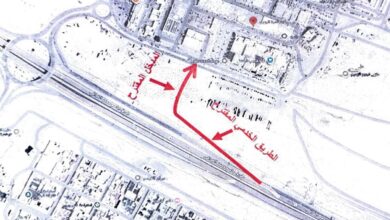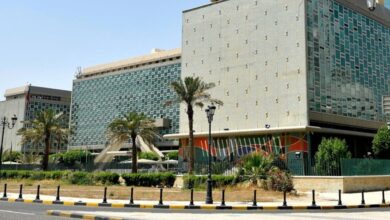Diwaniya in Kuwait and the Gulf: A heritage renewed through generations
As part of strengthening cultural and diplomatic communication, Sheikha Suhaila Fahad Al-Sabah, Managing Editor of The Times Kuwait, held a special women's diwaniya during the holy month of Ramadan. The diwaniya was widely attended by women from the diplomatic corps, who enjoyed the authentic Kuwaiti diwaniya experience in an atmosphere that blends heritage and modernity.


By Sheikha Suhaila Al-Sabah
Managing Editor
Diwaniyas have long been a male-dominated forum where local issues, political developments, and social affairs are discussed. The diwaniya is a fundamental pillar of social life in Kuwait, strengthening community ties, facilitating the exchange of views, and facilitating dialogue.
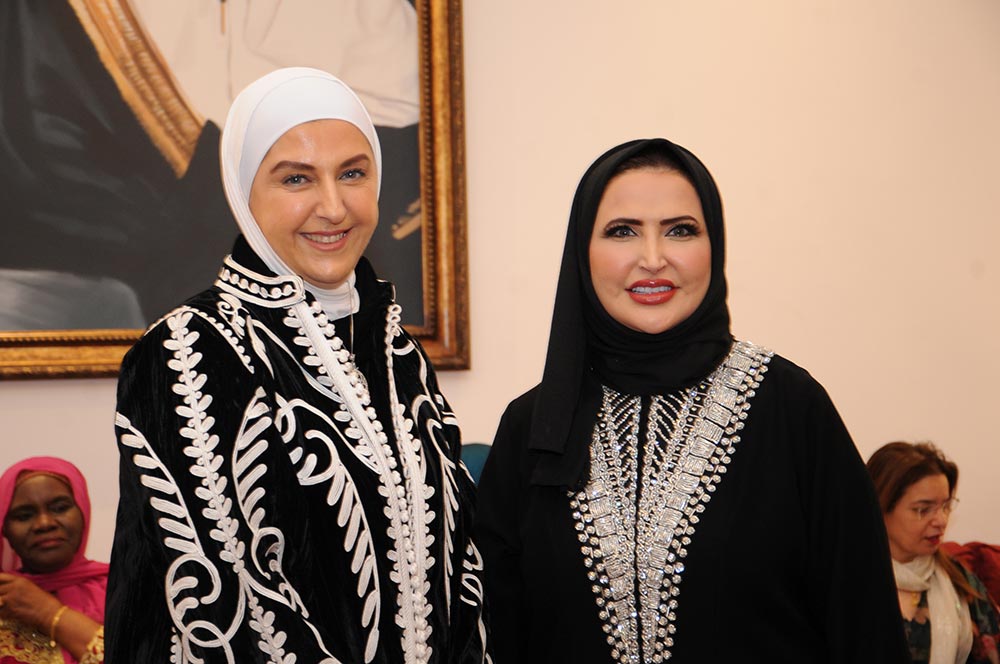
My diwaniya was widely welcomed by female diplomats, both ambassadors of countries accredited to Kuwait and the wives of ambassadors present, who welcomed this opportunity to promote cultural exchange and communication between different cultures. The diwaniya brought together women from diverse backgrounds, who shared their experiences and perspectives on international and societal issues, enriching collective knowledge and fostering a spirit of unity and solidarity among the attendees. The diwaniya also provided an opportunity to introduce the guests to Kuwaiti Ramadan customs, as traditional Kuwaiti cuisine was served amidst an atmosphere of intimacy and authentic Arab generosity. Discussions were not limited to cultural aspects.
The diwaniya is considered one of the oldest and most important social traditions in Kuwait and the Gulf region. It is a place where men gather to exchange conversations and discuss daily, political, and economic matters, often in the home of a family member. The beginnings of the diwaniya in Kuwait and the Gulf date back to the eighteenth century (circa 1700 AD), with the beginnings of settlement and urbanization in the region. In Kuwait specifically, the emergence of the diwaniya is linked to the beginning of the settlement of Kuwaiti families and the development of commercial and maritime activity, as diwaniyas were a place for exchanging business and political news.
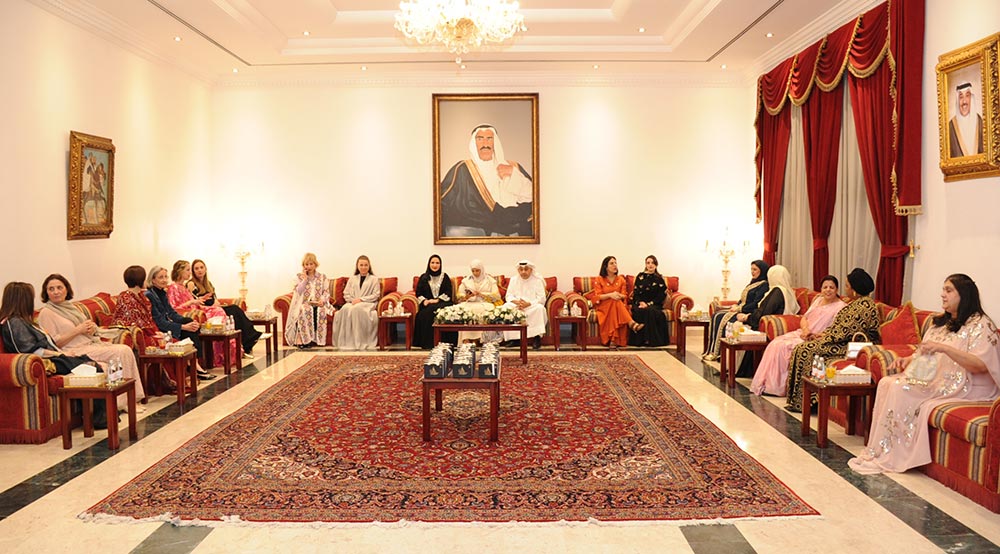
In modern times, some diwaniyas have begun organizing educational lectures and seminars, hosting specialists in various fields, with the aim of raising awareness and educating the community. Some diwaniyas have also become platforms for supporting ambitious youth, offering them advice and guidance in their fields of study and work, enhancing their role as incubators of ideas and talent.
Diwaniyas have long been a venue for discussing humanitarian initiatives and supporting charitable projects, where businessmen and philanthropists meet to plan social and charitable contributions. Many successful charitable projects in Kuwait and the Gulf states began within a diwaniya, whether campaigns to support needy families, educational initiatives, or health projects aimed at improving the lives of the less fortunate. Diwaniyas have also helped unify volunteer efforts and organize relief campaigns during crises and disasters, playing a pivotal role in promoting the values of social solidarity and cooperation among members of society.
Throughout the ages, diwaniyas have provided a free environment for political debate, where national issues were raised and views on local and international political events were exchanged. In Kuwait, in particular, diwaniyas were an essential part of the political landscape, where voters met with National Assembly candidates to discuss their electoral platforms and ask questions about their vision for the future.
Today, diwaniyas continue to play an important role in promoting political awareness among citizens, contributing to the dissemination of a democratic culture and encouraging open dialogue on various issues. With rapid social and technological changes, diwaniyas face new challenges in preserving their traditional identity while keeping pace with modern developments. On the one hand, some families and tribes seek to preserve the traditional character of diwaniyas, reflecting the values and authenticity of the past. On the other hand, there is a trend toward modernizing these councils by introducing modern technologies such as interactive screens, digital forums, and live streaming of their sessions online. While diwaniyas continue to evolve, their essence remains rooted in promoting social dialogue, intergenerational communication, and preserving the customs and traditions that are an essential part of the identity of the Arabian Gulf.







